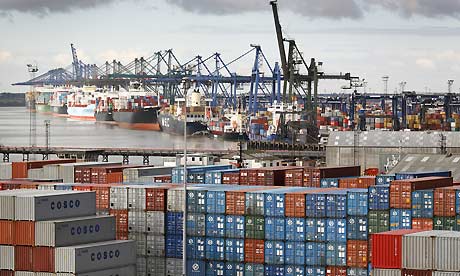PortEconomics member Michael Dooms presents an overview of port industry performance management in a article published in Port Technolgy International [issue 61],
Port performance management has been a heated topic both in the industry and academia for the past 20 years, albeit on different levels and in a rather scattered way across performance levels – from the individual terminal operational efficiency, to country level data on maritime connectivity, as well as performance areas (operations, socio-economic,environmental, governance).
Michael highlights that on the academic level, port related research has mostly focused on comparisons of port terminal efficiency, using various approaches of which the data envelopment analysis (DEA) technique, although criticised, has been rather prominent.
He also assesses the fact taht on the port industry level, interest has been relatively low compared to other infrastructure industries, most notably the airport industry where several independent industry performance management initiatives already exist. Most performance indicators developed within these initiatives focus on either operational performance data obtained from network members or perceptions of user service quality gathered through surveys.
Based on thees he explains that following the insights of PPRISM – a program developed by several PortEconomics members – and the associated challenges discussed previously, the European Commission (EC) decided to provide a seed investment towards the development of a port industry performance platform, through its EU-FP7 research and technological development program. Furthermore, in line with other European infrastructure industries such as railways or airports, who are already benefitting from research and technological development funding schemes, the project offers the potential to substantiate the research and technological development track for the port industry within the new Horizon 2020 research and innovation program of the EC, which will liberate approximately €80 billion in the period 2014-2020.
You can freely download and read the article @PortEconomics.












